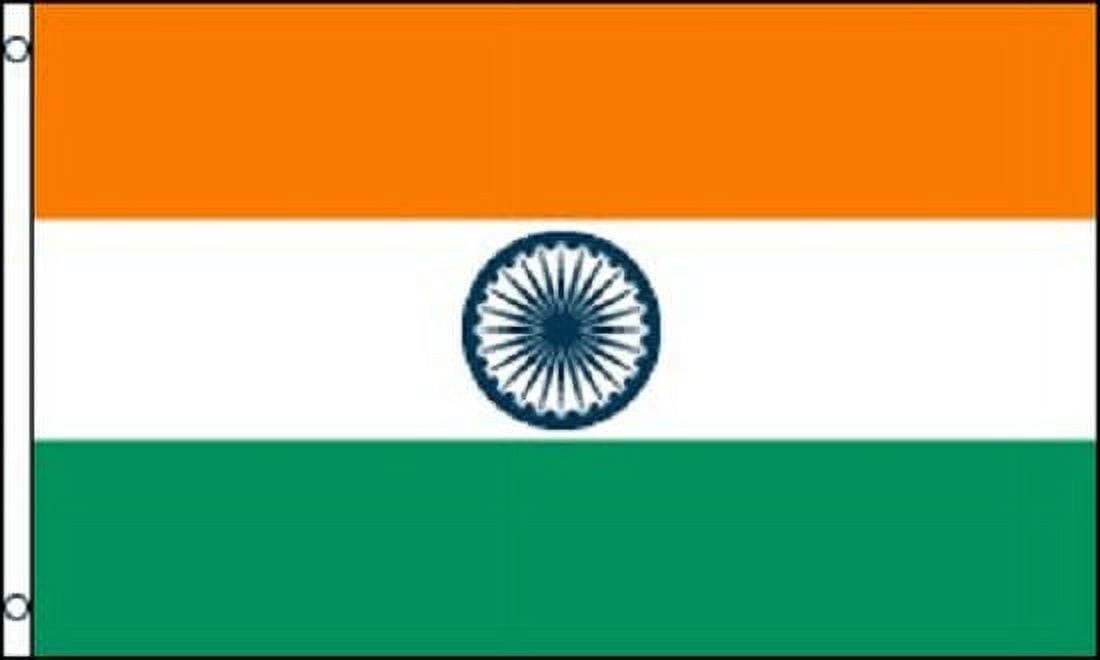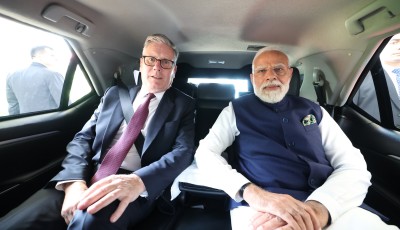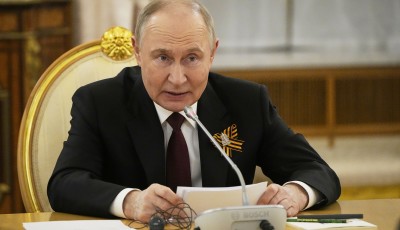India Restricts $770 Million Worth of Imports from Bangladesh: GTRI

India has imposed restrictions on imports from Bangladesh via land ports, impacting goods worth approximately USD 770 million nearly 42% of total bilateral imports according to a report by the Global Trade Research Initiative (GTRI), a trade-focused research group.
On Saturday, the Union Ministry of Commerce and Industry, acting on a directive from the Directorate General of Foreign Trade (DGFT), announced immediate restrictions on several categories of imports from Bangladesh. These goods can now only enter India through designated sea ports, or in some cases, are entirely barred from land-based entry.
The new policy significantly affects key Bangladeshi exports such as garments, processed foods, and plastic products. Garments alone, valued at USD 618 million annually, are now restricted to two specific seaports, effectively closing off the land routes that previously served as major trade channels.
According to GTRI, this move will severely disrupt Bangladesh’s most lucrative export route to India.
Indian textile manufacturers have long raised concerns over what they perceive as unfair competitive advantages enjoyed by Bangladeshi exporters. These include duty-free access to Chinese fabrics and substantial government subsidies, which reportedly allow Bangladeshi products to be priced 10–15% lower than their Indian counterparts.
GTRI emphasized that these restrictions did not emerge in isolation. "The measures appear to be a response to Dhaka’s increasing trade barriers on Indian goods and its growing diplomatic alignment with China," the report noted.
Tensions escalated further following controversial remarks by Bangladesh’s interim chief adviser, Muhammad Yunus, who during a speech in China described India’s northeastern states as a “landlocked region with no access to the ocean.” Indian officials viewed this statement as undermining the region’s strategic importance and connectivity.
The report also highlighted a broader geopolitical shift. Since the fall of Prime Minister Sheikh Hasina’s pro-India government in mid-2024, Bangladesh under the interim leadership of Muhammad Yunus has shown a strong inclination toward China. Yunus’s visit to China in March 2025 resulted in USD 2.1 billion worth of investment and cooperation agreements. Infrastructure projects like the Teesta River development have further strained Indo-Bangladeshi relations and challenged India’s regional influence.
Since late 2024, Bangladesh has imposed a series of trade restrictions on Indian goods. These include an April 2025 ban on Indian yarn imports through five major land ports, tighter controls on rice exports, and prohibitions on a wide array of products ranging from paper and tobacco to fish and powdered milk.
Compounding the issue, Dhaka has introduced a new transit fee of 1.8 taka per tonne per kilometre for Indian goods transported through Bangladeshi territory.
GTRI concluded that these cumulative developments along with logistical delays, stricter inspections, and increased port scrutiny have severely impacted Indian exporters and fueled demands for a proportionate and strategic policy response.











.png)



तपाईको प्रतिक्रिया दिनुहोस